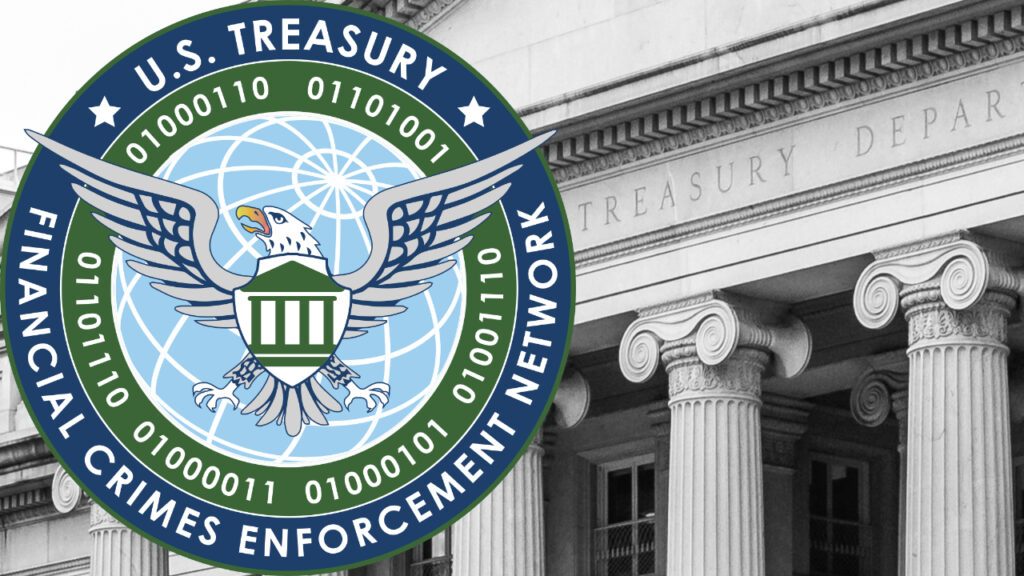Introduction to the FinCEN Beneficial Ownership Rule
The U.S. Department of Treasury’s Financial Crimes Enforcement Network (FinCEN) has instituted the Beneficial Ownership Rule, effective from 2024. This mandates businesses such as LLCs, S corporations, and C corporations to report their Beneficial Ownership Information (BOI). Aiming to curb money laundering, the rule identifies beneficial owners as those holding significant control or owning over 25% of a company. Certain entities, including sole proprietorships and general partnerships, may be exempt. Compliance necessitates electronic filing, with the reporting deadline varying by the company’s establishment or registration date. Non-compliance carries severe penalties, including civil and criminal repercussions.
Key Provisions of the Rule Effective January 1, 2024
From January 1, 2024, new provisions under the FinCEN rule require reporting companies to disclose information about company applicants and beneficial owners. A “FinCEN identifier,” a unique number issued to individuals, can be used instead of personal details in BOI reports. Awareness and compliance with these provisions are critical for companies.
Deadline Extensions for Reporting Companies
Companies established in 2024 benefit from a 90-day deadline extension for initial reporting, to help them adapt to regulatory obligations. Pre-2024 companies must report by January 1, 2025, while those established in 2025 adhere to a 30-day deadline.
Reporting Requirements for Businesses and LLCs in 2024
FinCEN’s final rule extends the deadline for certain 2024-established companies to 90 days post-notification of their formation for filing initial BOI reports. Understanding exemptions and adhering to deadlines is crucial to avoid significant penalties.
The Corporate Transparency Act of 2024 Explained
The Corporate Transparency Act (CTA) compels legal entities in the U.S. to file BOI reports to FinCEN. Deadlines vary based on the entity’s formation year. Companies must update their reports within 30 days of changes or inaccuracies. The CTA emphasizes the need for internal processes to identify and report beneficial owners.
Understanding BOI Reporting Requirements
Entities created in 2024 must file initial BOI reports within 90 days of notification. The deadline for older companies is January 1, 2025, and for newer ones, 30 days post-formation. Clarifications can be sought from FinCEN directly.
Exemptions from Beneficial Ownership Information Reporting
Public companies, regulated entities like banks, and certain investment-related entities may be exempt from BOI reporting. Subsidiaries of exempt entities may also qualify for exemption under specific criteria.
Impact on Small Businesses and Corporate Transparency
The CTA and FinCEN rule require detailed online reports on beneficial owners from various entities, including small LLCs. The information will be used to combat financial crimes. Understanding exemptions and fulfilling reporting requirements through the BOSS system is vital for small businesses.
Preparation Steps for Compliance with Beneficial Ownership Information
Businesses should assess if they qualify for exemptions and gather information about their beneficial owners. Timely submission of BOI reports is essential to avoid penalties. Planning and understanding the CTA are key steps towards compliance.
Future Outlook: What to Expect from FinCEN and BOI Regulations
Staying updated with potential revisions or updates to FinCEN and BOI regulations is important for ongoing compliance, as these regulations are likely to evolve further.
Conclusion and Key Takeaways for Businesses
The FinCEN Beneficial Ownership Rule and the CTA, effective January 1, 2024, necessitate compliance from most U.S.-based entities. The rule aims to fight financial crimes through transparent reporting of beneficial ownership. Consulting legal counsel to navigate this landscape is recommended.
Article sources:Sources:Cooley,Forbes,Calt.iastate.edu,Paychex,FinCEN.gov

